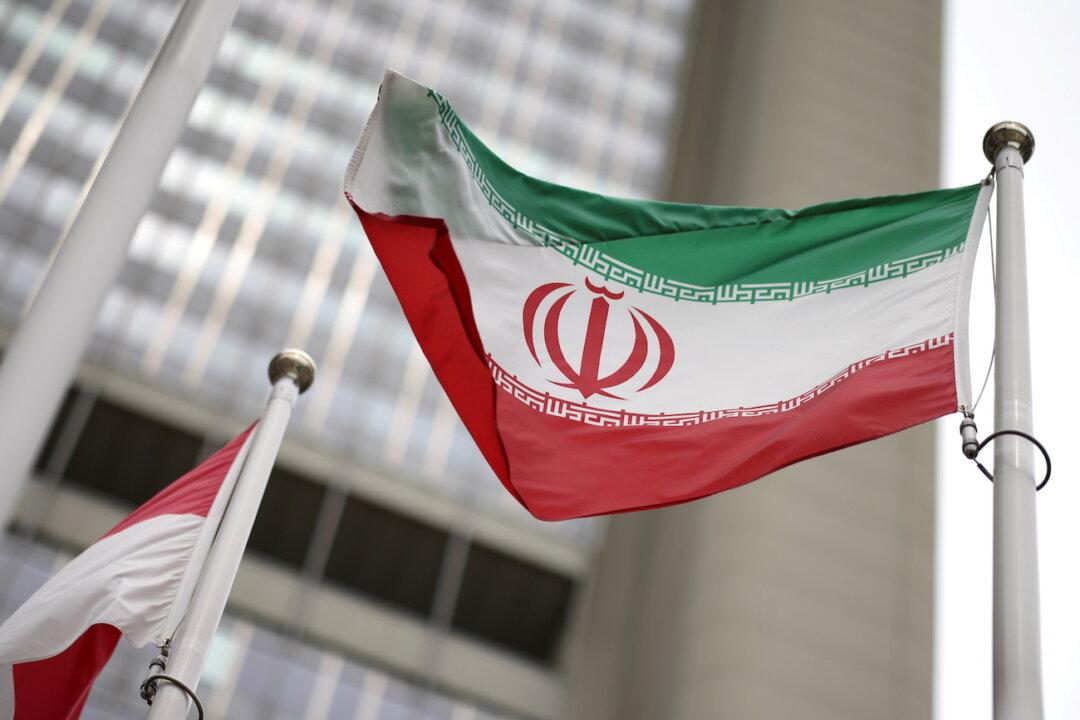Iran has denied reports that it enriched uranium to close to weapons-grade purity after the U.N. nuclear watchdog—the International Atomic Energy Agency (IAEA)—stated that it was in discussions with Tehran about the results of recent inspections at Iran’s nuclear facilities.
Behrouz Kamalvandi, a spokesperson for the Atomic Energy Organization of Iran, told the state-linked Fars News Agency website late on Feb. 19 that IAEA inspectors had found particles with a purity of higher than 60 percent in Tehran, according to Al Jazeera.




